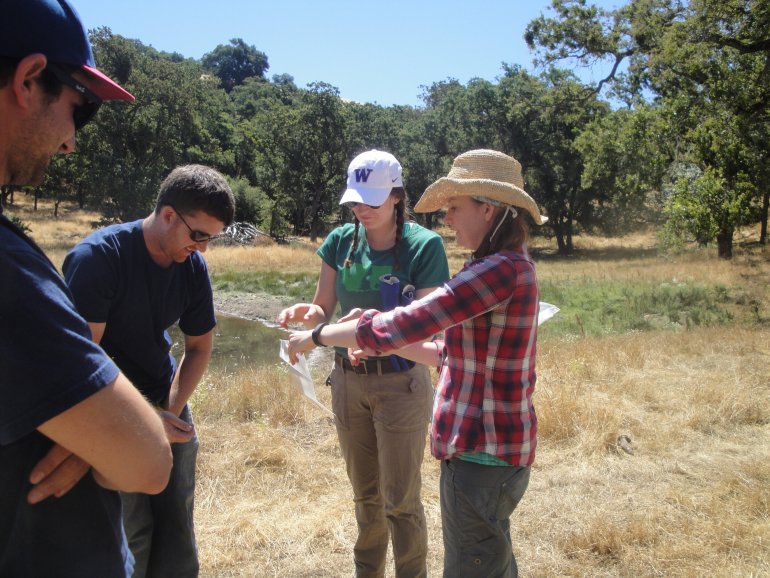There are many animals that need help in preserving the environment, such as beloved creatures such as pandas and koalas, or bloody monsters like whales and octopuses, to name a few.
But a team of scientists is urging us not to forget about a group that is not particularly removable, and that also needs our help, which are parasites, as reported in the Science Alert website on the 3rd of August.
PR problem
The team states that parasites have a public relations problem; They are not just blood-sucking monsters, or self-employed demons, but - as the team says - parasites also play incredibly important environmental roles.
Parasites affect the survival and reproduction of many host species, and form vital links across food chains. For example, parasites increase the death of predatory fish by up to 30 times by messing with fish's brains in a way that makes them more vulnerable to birds. Unfortunately, many of these complex interactions are unknown to us.
"Parasites are a very diverse group of species, but we, as a community, do not recognize this biological diversity as a valuable diversity," says ecologist Chelsea Wood of the University of Washington.
Parasites and their functions
The paper, published in an entire issue of the journal "Biological Conservation", is dedicated to preserving parasites. Wood says, "The purpose of this paper is to confirm that we are losing parasites and the functions they perform without recognizing them."
The researchers explained in their paper that "parasites are found throughout the tree of life, in every ecosystem, and they are among the most diverse and environmentally important organisms on Earth, but in almost all cases they are the least protected in wildlife or in efforts to conserve the ecosystem."
The International Working Group has set 12 goals for the next decade that could enhance the conservation of the biological diversity of parasites through an ambitious mix of research, advocacy and management.
Now, investing in parasites may seem a little strange, especially when we are not even sure how to protect the lives of all the animals in which they live, and at a time when all species face the risk of extinction.
The team also shows that beloved or charismatic animals get the most part of the funding when it comes to species conservation, and we have only identified about 10% of the parasites that inhabit them.
12 targets of the strategy
"If species does not have a name then we cannot preserve it. We have accepted decades of most animals and plants, but scientists have discovered only a small portion of all parasites on the planet," said co-author Colin Carlson, a biologist at Georgetown University.
The research team from the United States, Spain and Australia has set 12 targets for the next decade to help keep our parasitic friends for generations to come. The goals are divided into 4 groups: data collection and synthesis, risk assessment and priority setting, conservation practice, education and awareness.
They are ambitious targets, covering everything from the importance of parasitism to the official protection of endangered parasites. Goal 12, though, may be the most aggressive of all.
The team writes, "In the spirit of this challenge, we are proposing an ultimate ambitious goal which is to describe half of the parasite diversity on Earth. Initial targets for describing 50% will greatly improve our understanding of the global biodiversity of parasites."
Losing the vital role of parasites
"The full description of 50% of the parasite's biological diversity - like all other targets identified here - can be rejected as overly ambitious and a very low priority given the many fronts that are already spreading resources to combat the biology of global change," the team wrote.
"We believe that all available scientific evidence indicates that neglecting the hidden world of parasites only limits our competence in fighting these other battles, and will lead to unexpected and worse results."
So the next time you think of animals that need protection, you may think of a humble parasite, or we may end up losing these creatures and any vital role they play in our ecosystems before we discover what they are.

